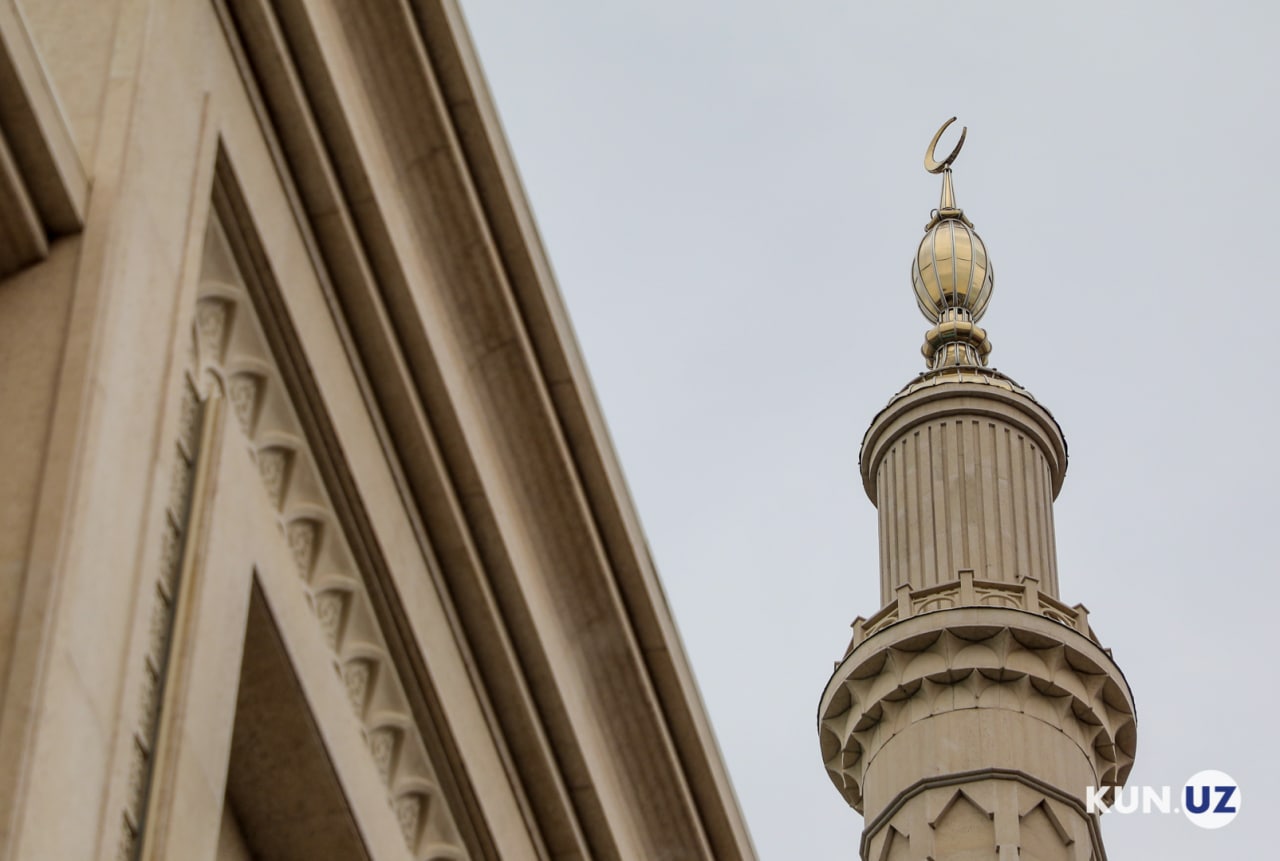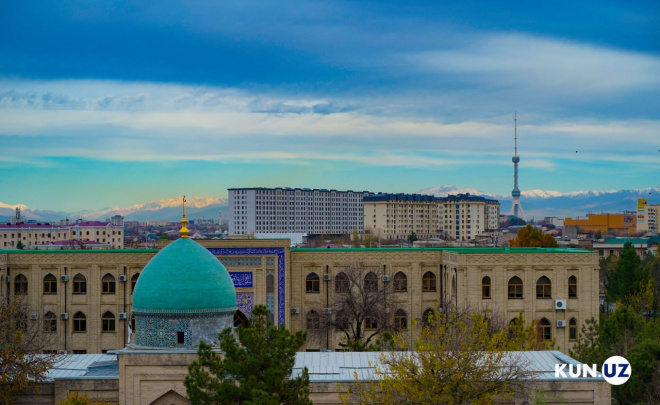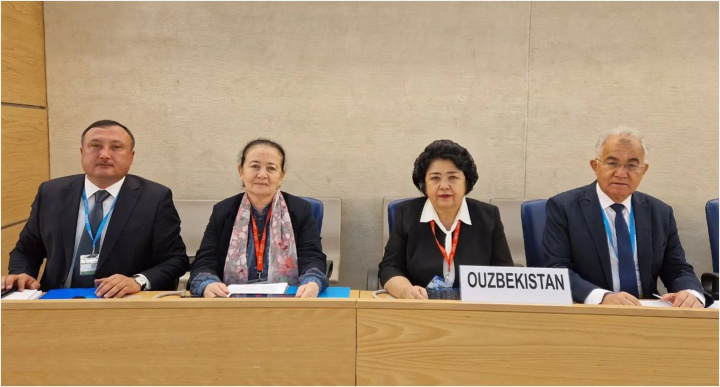2021 International Religious Freedom Report draws conclusions about Uzbekistan
The U.S. State Department has released its 2021 report on the state of religious freedom in the world. It said that the recommendations of international organizations were “almost ignored” in updating the law on freedom of conscience in Uzbekistan, private religious education remained banned, the Interior Ministry fined two sites on religious materials, and the Umrah monopoly was maintained.

Фото: KUN.UZ
The U.S. State Department has released its 2021 Monitoring Report on Religious Freedom Worldwide.
The Uzbekistan section of the report focuses on the new version of the law “On Freedom of Conscience and Religious Organizations”, which was adopted last year, and the facts observed in violation of this law during the year.
It was noted that although the new version of the law was positive, it “did not change the state of religious freedom in the country”.
The UN and the OSCE have said that the recommendations of the Venice Commission in 2020 were “not taken into account at all” in changing the law.
International experts acknowledged that the document facilitated the registration of religious organizations, but described the rules as “inadequate compared to internationally recognized norms”.
These include liability for unregistered religious activities, state control over religious literature, and a ban on private religious education.
“The rule that it is not allowed to wear prayer clothes in public places has been removed from the law, but the government has continued to restrict the wearing of religious clothing by civil servants and students. Despite restrictions on religious dress outside the civil service and education, there have been media reports of non-compliance in practice,” the State Department’s Office of International Religious Freedom said in a statement.
Observers reported that in May-June 2021, several men were forcibly shaved off in Namangan region and Angren city.
The conclusion notes that the new version of the law does not abolish the procedure for the requirement of religious examination before the preparation, storage, import and distribution of religious materials. The same demand led to the imposition of administrative fines in June on the heads of Kun.uz and Azon.uz.
“Some of the articles cited as evidence in this case were interviews with local Muslim imams about Ramadan procedures,” the State Department said.
The report also said that Uzbek students were allowed to study at Al-Azhar University in Egypt only on the state recommendation, and that the monopoly on organizing Umrah remained. Applications for the opening of new churches were rejected, and there were reports about torture of prisoners convicted of extremism and terrorism.
Related News

10:26 / 06.01.2024
Uzbekistan becomes world’s largest gold seller for the second month in a row

09:39 / 06.01.2024
“US Department of State positively assessed the state of religious freedom in Uzbekistan” – Religious Committee

20:16 / 13.11.2023
Uzbekistan’s report on human rights within the framework of UN UPR presented in Geneva

08:42 / 10.11.2023



